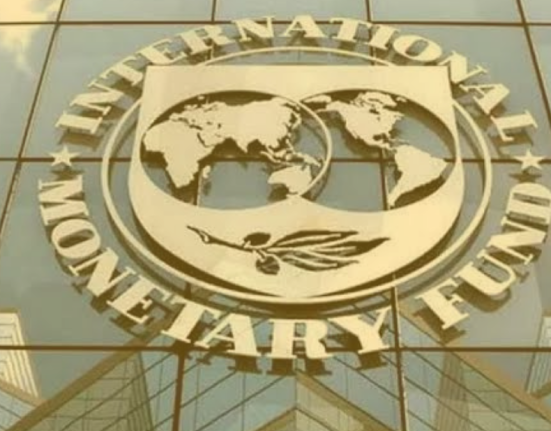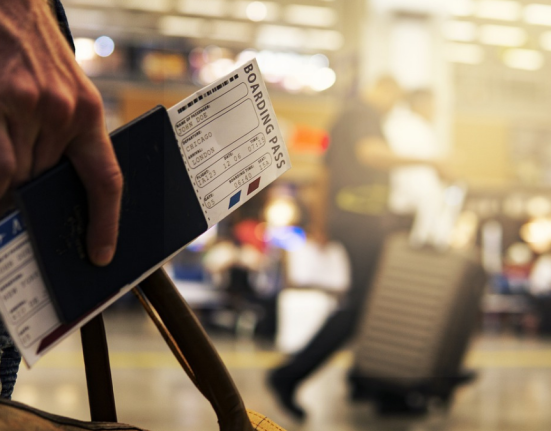On October 9, 2024, South Africa’s Department of Home Affairs introduced major visa reforms to bolster the country’s economy by attracting skilled professionals and foreign investment. The centerpiece of these reforms is the introduction of a Remote Work Visitor Visa, aimed at enabling high-earning international remote workers to live in South Africa while working for overseas employers.
This initiative is expected to have a significant impact on local businesses, as remote workers spend their income on goods and services within South Africa. In addition, the reform encourages foreign talent to contribute to the local economy by paying Value-Added Tax (VAT) on their purchases.
Further advancing the visa reforms is a Points-Based System for Work Visas, designed to streamline the application process. Minister of Home Affairs, Leon Schreiber, hailed the changes as “the most progressive and pro-jobs regulatory reform the country has seen in decades.” The new Points-Based System applies to Critical Skills and General Work Visas, ensuring that high-skilled professionals enter the South African workforce. Applicants must score a minimum of 100 points and earn a gross annual income of at least R650,796 ($36,856), a threshold designed to protect lower-wage jobs while inviting highly skilled talent into the economy.
These reforms are part of a broader strategy led by President Cyril Ramaphosa to remove bureaucratic hurdles, fight corruption, and promote transparency within the immigration system. The goal is to foster investment, create jobs, and make South Africa a more attractive destination for skilled professionals and remote workers.
Independent research conducted by the Reserve Bank and the International Food Policy Research Institute suggests that even a 0.02% increase in high-end skills could boost annual economic growth by 1.2%. Additionally, the data indicates that every skilled worker introduced into the economy could result in the creation of seven new jobs.
With these new visa reforms, South Africa is positioning itself as a competitive global hub for international talent, boosting both local investment and long-term economic development. Earlier this year, in April 2024, the South African government also signed digital nomad visa regulations into law, allowing skilled remote workers to live in the country temporarily while contributing to its economy.









Leave feedback about this